The return of the electric milk float!
Just as it might not be too long before we see the return of the electric milk float as the war on the combustion engine and plastic continues, are we also witnessing a property market that is going full circle in its behaviour?
One hundred years ago, an estate agent would use their contact base to find a buyer for a property. Then 50 years ago, it was the newspaper that became the ‘shop window’ for estate agents and their listings. And more recently, of course we have seen the internet replace the newspaper as the estate agents shop
But at the same time, we are seeing more sales take place ‘off-market’? The term ‘off-market’ essentially means that the property was not publicly advertised and that the agent involved sold the property using their contact base and list of buyers. All very old fashioned apparently!
The big property portals have been a fantastic tool for buyers, but there is no doubt that some sellers are becoming more cautious. To start with, the date the property is placed for sale is published, therefore telling buyers how long it has been on the market. Similarly the dates of price changes are also recorded too. And of course, photographs of people’s private property is there for all to see. Not all that long ago, one had to register with an estate agent and provide all contact details before receiving full details of a property for sale, but now it is all there online, with no record of who is ‘browsing’.
One in four property sales over £1m are now concluded ‘off-market’, and this figure is rising year on year, as sellers move to guard their privacy. At £2m, an even greater percentage of properties are changing hands without ever having appeared in the public domain.
I am certain that the internet and property portals will always play a big part in the property market, but there is increasing evidence that the tide may have turned and that some sellers in a small slice of the market are wishing to take back some control when it comes to not only protecting their privacy, but also the value of what is often their most valuable asset.

